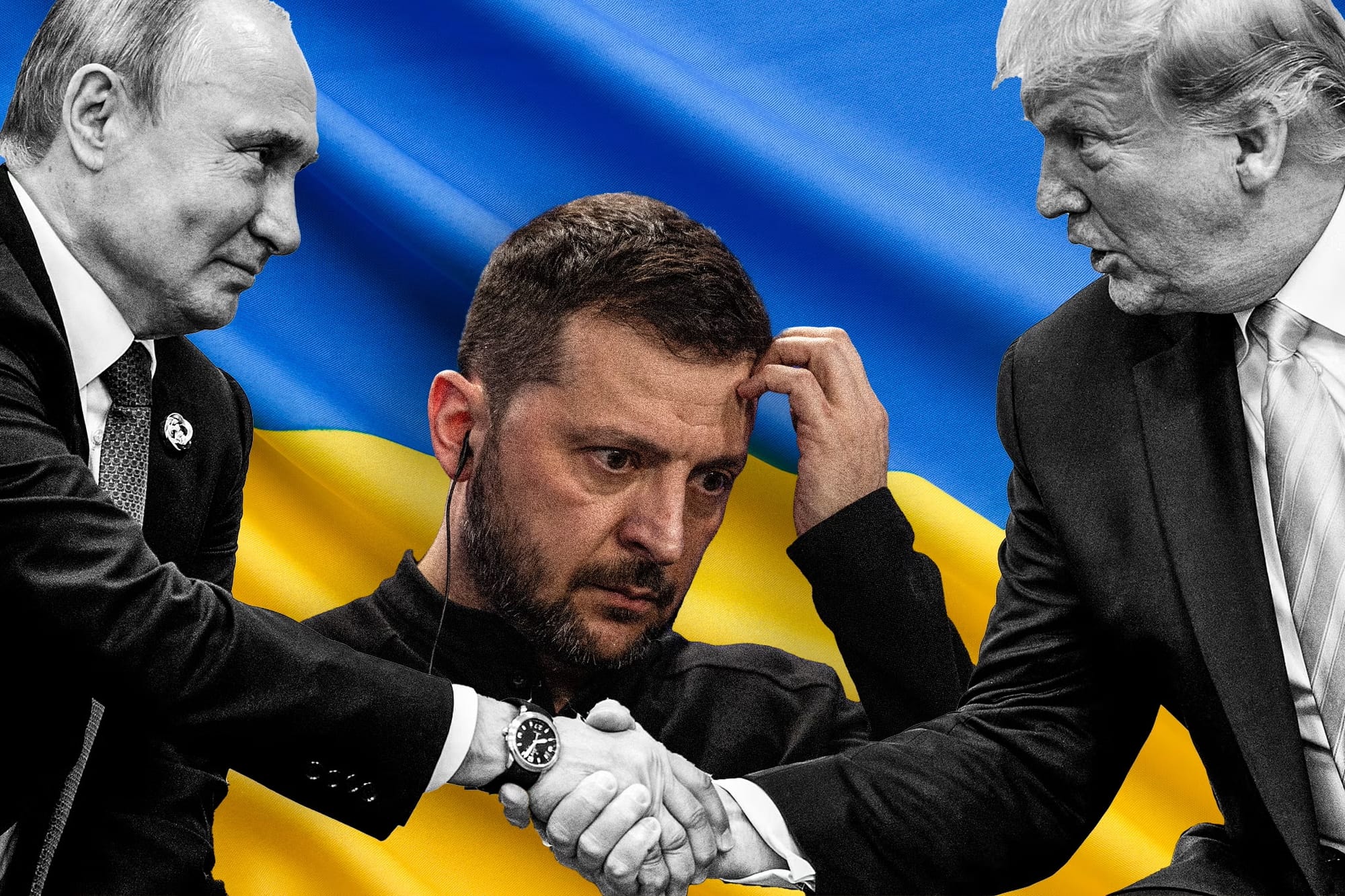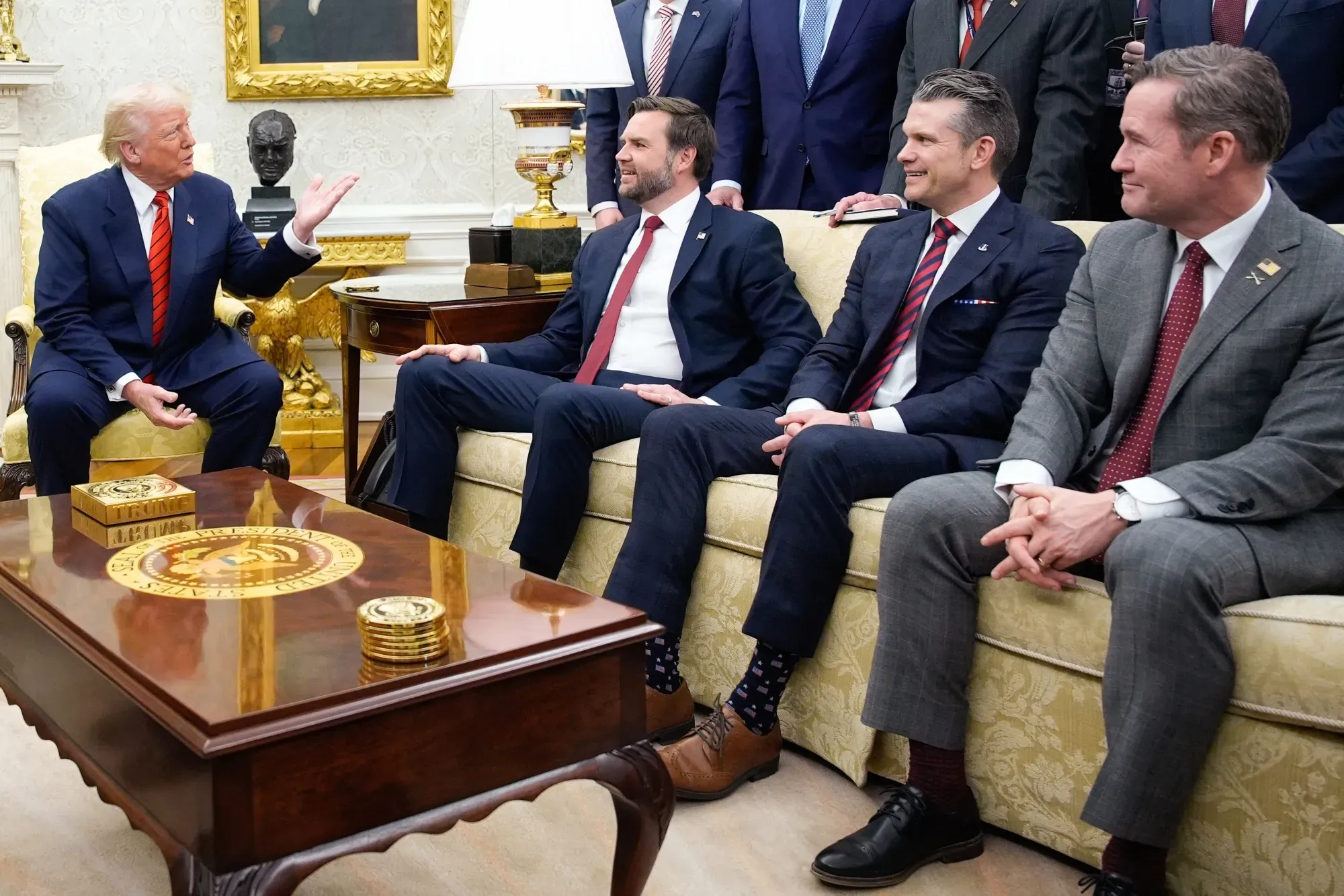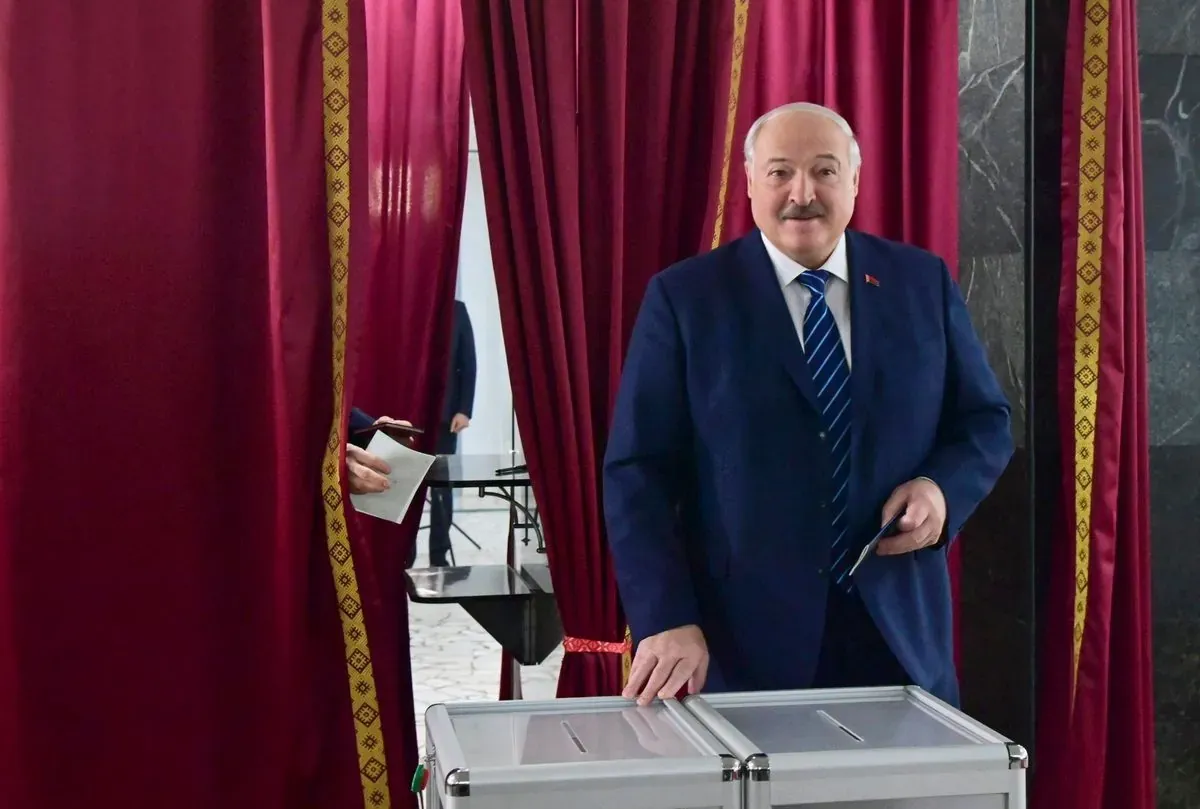In Brief:
- US President Biden proposes a three-stage plan for ceasefire.
- Far-right Israeli ministers threaten to quit over any early truce.
- Hamas signals willingness to accept Biden’s plan if Israel agrees.
- Intense domestic and international pressures complicate Netanyahu’s decision.
Situation Report:
Prime Minister Benjamin Netanyahu has firmly reiterated that a permanent ceasefire in Gaza will only be possible once Hamas's military and governing capabilities are dismantled and all hostages are released.
This steadfast position comes amidst growing international pressure, notably from US President Joe Biden, who has introduced a three-stage plan aimed at achieving a ceasefire. Biden's plan involves:
- a full ceasefire between Hamas and the IDF;
- withdrawal of Israeli forces from Gaza;
- hostage exchanges;
- a comprehensive reconstruction effort in Gaza with international support.
Internal Strife
Far-right coalition members, including Finance Minister Bezalel Smotrich and National Security Minister Itamar Ben-Gvir, have threatened to withdraw their support and resign their positions if any agreement is reached before Hamas is completely destroyed. This internal friction threatens to destabilize Netanyahu’s government, which relies on a delicate balance of factions for its parliamentary majority.
Hamas Stance
At the same time Hamas has shown a conditional willingness to accept the ceasefire plan, provided Israel also commits to it. The organisation’s stance aligns with its longstanding demand for a guarantee against future Israeli military incursions into Gaza.
Protests & Humanitarian Crisis
Protests in Israel have further intensified the situation. Demonstrators in Tel Aviv have called for Netanyahu to accept the ceasefire deal, emphasising the urgent need to secure the release of hostages and end the ongoing conflict. These protests reflect the growing public pressure on Netanyahu to find a resolution.
The death toll in Gaza, reported by the Hamas-run health ministry, has exceeded 36,000 since the conflict’s escalation in October 2023, following an unprecedented Hamas attack on Israel.

Assessment:
Netanyahu's insistence on the total dismantlement of Hamas before agreeing to a ceasefire places him in a "precarious" position, as he is now at risk of alienating crucial coalition partners and international allies. The proposed plan by Washington and President Biden, offers a structured approach to ceasefire and post-conflict reconstruction but faces significant opposition from Israel’s far-right factions, potentially destabilising Netanyahu’s government.
The internal situation within Netanyahu's coalition reflects broader political fractures in Israel. Should key far-right ministers withdraw their support, Netanyahu's government could collapse, forcing a realignment of political alliances.
Opposition leader Yair Lapid’s offer of conditional support highlights the potential for new political dynamics, possibly leading to a unity government focused on national security and hostages' release.
Internationally, Biden’s plan represents a pragmatic approach, balancing humanitarian concerns with strategic interests. Washington's plan with mediators from Egypt, Qatar, and the US, includes a reconstruction plan that aims to address the long-term stability of Gaza, a critical factor for sustained peace.
However, the plan’s success hinges on its acceptance by both Israel and Hamas. Netanyahu must weigh the immediate need for a ceasefire against the goal of neutralising Hamas, whilst the public demand for a resolution and the high humanitarian cost continue to grow.
















Discussion